The decades-old US hostilities against the Islamic Republic of Iran can be witnessed in several conspiracies that all had a hand in poisoning the relations between Tehran and Washington and creating a constant distrust against the United States regime.
The 1953 coup and overthrow of Prime Minister Mosaddegh, plotted by the British and US intelligence agencies, the overthrown of the US-backed monarchy of Pahlavi in 1979, conquering of the US Embassy by Muslim Students of Imam Khomeini Line in 1979 alongside other US hostile plots are considered as the prominent incidents in the contemporary history of Iran and the Americans.
Victory of Islamic Revolution beginning point of US failures
Between January 1978 and 11 February 1979, the Muslim revolutionary people of Iran, under the wise leadership of Ayatollah Khomeini, the Founder of the Islamic Revolution, voiced their opposition against the secular and US-backed rule of Shah, who committed many crimes and brought many suffering to the Iranian nation.
In early 1979, when huge street demonstrations and Iranian public dissatisfaction all over the country intensified, the dictator of Iran and his family fled Iran on January 16.
The establishment of the Islamic Republic of Iran(1 Apr. 1979) following the overthrown of the Pahlavi monarchy and the victory of the Islamic Revolution (11 Feb. 1979 ) was to the detriment of arrogant powers whose access to Iran's resources was restricted.
The United States was one of the arrogant powers that always had an eye on Iran’s valuable gas and oil resources as well as the strategic and geopolitical position of this country due to the Persian Gulf region.
As the newly-established Islamic Republic of Iran adopted an independent foreign policy based on the "Neither East Nor West" motto and blocked any foreign interference, therefore the hegemony of the US became Iran’s number one enemy.
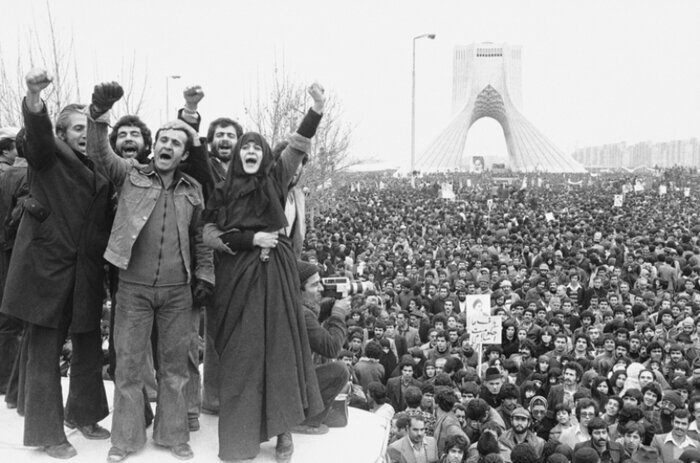
1979 takeover of the US embassy in Tehran
On November 3, the founder of the Islamic Revolution Ayatollah Khomeini delivered a decisive speech and called on Iranian people, students, and the clergies to thwart any US and Zionist Regime conspiracies against the newly established Islamic Republic of Iran and also to oblige the US government to hand over the fugitive former dictator, who had gone to New York in late October for a so-called treat.
As the Shah had suppressed the peaceful demonstrations (1978-1979), plundered the national wealth, and tortured and martyred many Iranian Muslims, Imam Khomeini insisted that he must be returned to Iran so as to face trial and justice in the country.
US interference in Iran's internal affairs, its refusal to hand over the fugitive Shah as well as the meeting of some Interim government officials with Zbigniew Brzezinski, the National Security Advisor to President Jimmy Carter (November 1, 1978) flared up Iranian's rage and made them take some retaliatory measures.
Following all incidents and happenings, a group of Iranian Muslim university students decided to take over the US embassy on Taleghani street in Tehran.
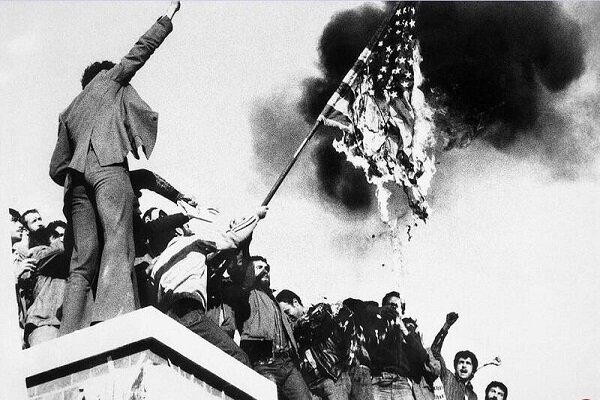
On 4 Nov. 1979, on the first anniversary of the massacre of 56 Iranian pupils by Shah’s troops, and the day on which Imam Khomeini was exiled to Turkey (4 Nov. 1964) by the oppressive regime of Pahlavi, people gathered at the University of Tehran to denounce the US conspiracies and interferences against Iran.
Among ordinary people, almost 400 Iranian Muslim students known as Muslim Students of Imam Khomeini Line stormed the US embassy.
Although embassy guards prevented the students to enter the central building, they climbed up the gates and entered the central building in which all confidential documents of Americans were being kept.
The seizure of the US embassy in Tehran resulted in the hostage-taking of 66 US embassy operatives.
Among those 66 Americans, eight men and five women, whose espionage had not been proven, were ordered by Ayatollah Khomeini to be released on November 19, 1979.
The rest of them were released on January 19, 1981, through the Algerian agreement which was signed by the Iranian and US governments.
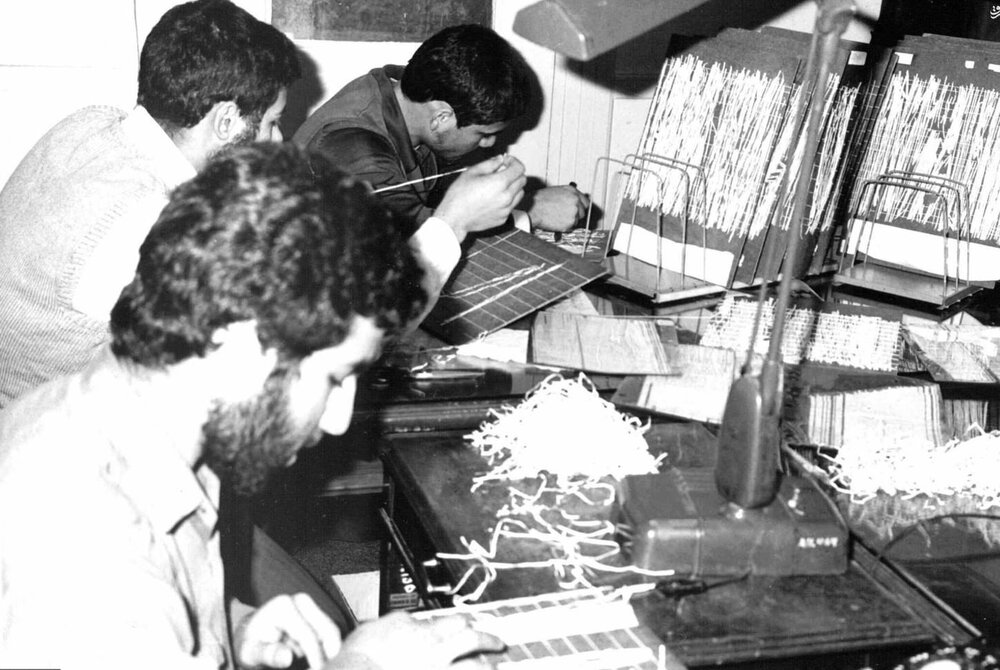
Documents from the US Espionage Den
After the students seized the embassy, they found some documents which showed that the US embassy in Iran was not a center for diplomatic affairs, but a cover for the US spying against the newly established Islamic Republic of Iran.
US embassy staff had attempted to use paper shredders to destroy US spy documents against Iran including telegrams, correspondence, and reports from the US State Department and CIA.
However, the timely arrival of Iranian students made them able to reconstruct the spy documents years later, they were published in a 77-volume publication series called Documents from the US Espionage Den.
Imam Khomeini terms the US "Great Satan"
Delivering a speech on November 5, Imam Khomeini issued a statement in full support of the Iranian students and described their brave move as "the Second Revolution" which was more considerable than the first one.
The Leader of the Islamic Republic of Iran also termed the US the "Great Satan" and at the same time called the seized embassy as US Espionage Den.
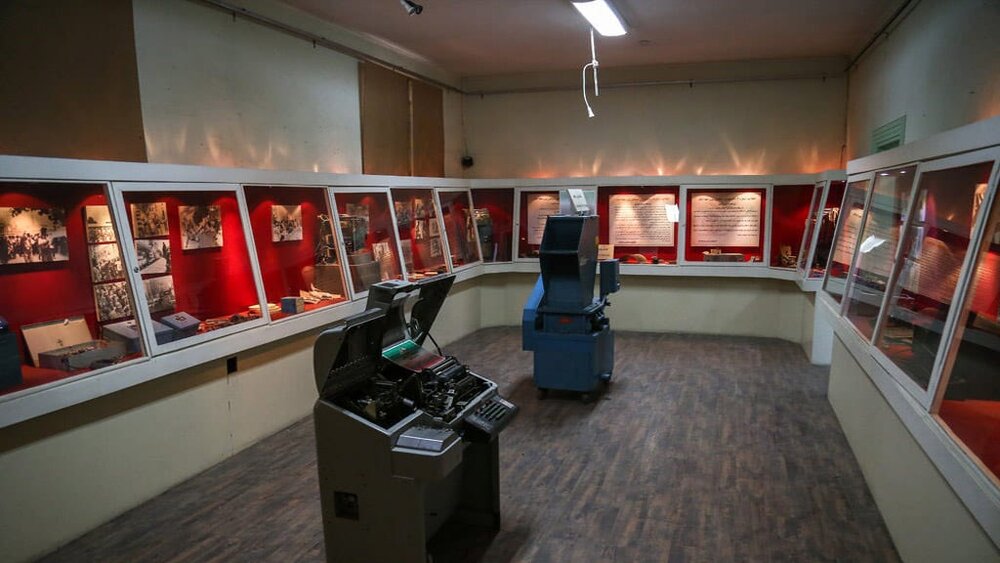
Former US Embassy in Tehran, now a museum
Being open to the public and foreign tourists, today, the place has been changed into a museum in which different documents related to confidential contacts, spy equipment, American advanced telecommunication tools, and secret rooms are all exhibited.
Iranian nation mark US embassy takeover by holding massive rallies
Every year, on 4 November, known as Student Day in Iran and the National Day of Fight against Global Arrogance, all Iranian people as well as school and university students across the nation hold massive rallies in the streets to voice their disapproval of US policies and also to honor those who stormed the US embassy, captured its operatives and seized documents revealing US plots to overthrow the Islamic establishment in Iran.
Shouting the slogans of "Down with the USA", and "Down with Israel" the Iranian people voice their objection over global arrogance and they call on all Muslims and freedom seeker nations not to succumb to the bullying of arrogant powers.
Compiled by Marzieh Rahmani






















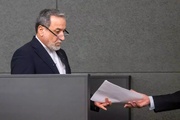



Your Comment